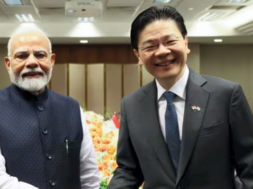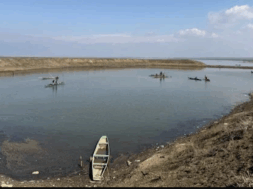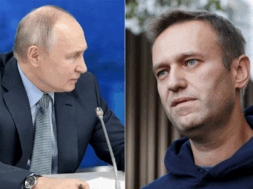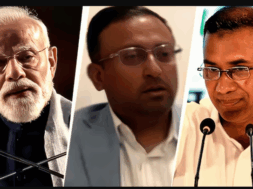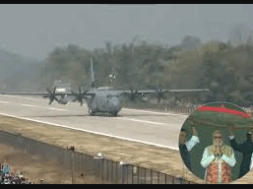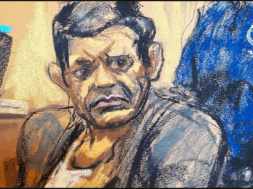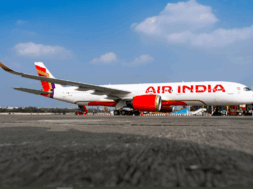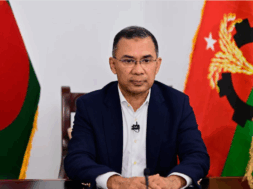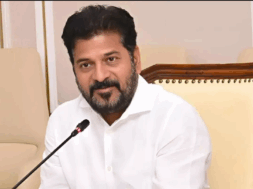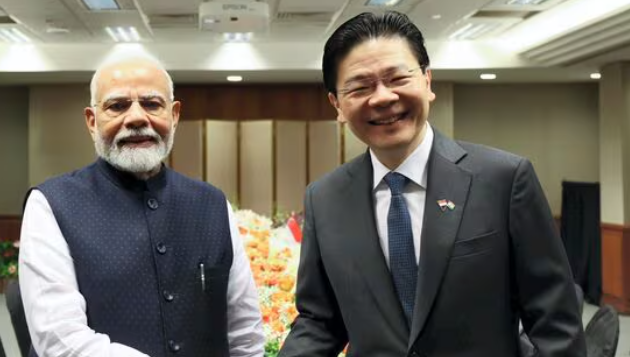
Singapore: Parliament dissolved, fresh polls on May 3
Virendra Pandit
New Delhi: After the dissolution of its parliament, the island nation of Singapore will head to the general elections on May 3, in what will be the first electoral test for its new Prime Minister Lawrence Wong, who came to power in 2024.
Voting is compulsory for Singapore’s 2.75 million eligible citizens.
The poll campaign, which lasts just nine days, is expected to be dominated by issues like the rising cost of living, housing needs, jobs, and a growing demand for healthcare amid an ageing population, the media reported on Tuesday.
Voters are widely expected to return the ruling People’s Action Party (PAP) to power. The PAP has won every election since the British granted Singapore self-rule in 1959.
The island country’s last election in 2020 saw the opposition Workers’ Party secure 10 seats – the biggest victory for the opposition since Singapore gained independence in 1965. This time, altogether 97 seats are up for grabs.
Though the PAP won 83 out of 93 seats in 2020, the last election result was widely seen as a setback for the ruling party.
According to reports, 44 percent of 1,845 Singaporeans surveyed in March 2025 have decided who to vote for. Of them, 63 percent said they would choose the ruling party and 15 percent would back the leading opposition Workers’ Party.
The election is also being seen as the first real test of Prime Minister Lawrence Wong, who replaced long-serving premier Lee Hsien Loong, after the latter’s rule of 20 years.
Presenting his first budget in February, PM Wong unveiled a people-friendly series of tax rebates, handouts and sector-specific measures to cushion against cost-of-living pressures – in what some analysts call a “feel good” budget aimed at sweetening the ground before the election.
Since becoming an independent nation in 1965, Singapore has only had four prime ministers – all from the ruling People’s Action Party (PAP).
The first was Lee’s father, Lee Kuan Yew, who is widely considered as the founder of modern Singapore, and who led the country for 25 years transforming it from a fishing island into one of the foremost global financial hubs.
Singapore’s political landscape has been dominated by the PAP, although the party was rocked by a series of scandals in 2020 – including a senior minister’s arrest in a corruption probe as well as the resignation of two lawmakers over an extramarital affair.
The island nation mirrors the UK’s first-past-the-post voting system, but there are key differences that make it harder for opposition parties to win here.
Members of Parliament contest for constituencies that vary in size and the larger ones are not represented by an individual MP, but by a team of up to five MPs – called Group Representative Constituencies (GRCs).
The system was introduced in 1988 as a way to include more representation from Singapore’s minority groups in the predominantly Chinese city – so parties could “risk” running one or two minority candidates, BBC reported.
For many years, however, opposition parties had little resources to recruit enough skilled and experienced people to genuinely contest these larger constituencies.
Candidates must also security deposit S$13,500 ($9,700: £7,700) to contest and must win more than one-eighth of total votes to get it back.
The electoral divisions of constituencies are also often changed to reflect population growth. The- opposition parties say this is not done transparently and amounts to gerrymandering, something the government has always denied.
